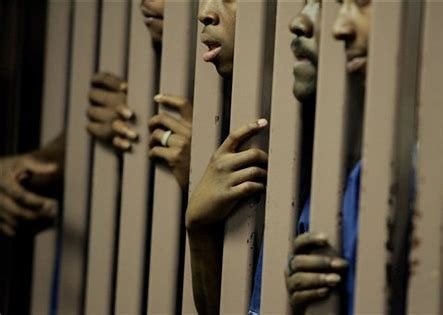
What makes the US Prison Industry is the largest in the world?
5 Reasons Why The US Prison Industry Is The Largest In The World
By Eric Screven





Comments:
-
Latest News
I have no doubt that this site will become famous owing to its high-quality articles as soon as its administrator starts working.
-
acv keto gummies
I really like reading through a post that can make men and women think. Also, thank you for allowing me to comment!
-
Health Massive
Having the opportunity to read everything in one place is a delight for me; this is my very first, brief visit.
-
-
Green Bunny CBD Gummies Benefits
Nice post. I learn something totally new and challenging on websites
-
DentaTonic Review
This is really interesting, You’re a very skilled blogger. I’ve joined your feed and look forward to seeking more of your magnificent post. Also, I’ve shared your site in my social networks!
-
Puravive
I liked it as much as you did. Even though the picture and writing are good, you’re looking forward to what comes next. If you defend this walk, it will be pretty much the same every time.
-
ingredients in Puravive
My brother suggested I might like this website He was totally right This post actually made my day You cannt imagine just how much time I had spent for this information Thanks
-
Puravive Review
helloI really like your writing so a lot share we keep up a correspondence extra approximately your post on AOL I need an expert in this house to unravel my problem May be that is you Taking a look ahead to see you






Mail Tm
I am truly thankful to the owner of this web site who has shared this fantastic piece of writing at at this place.